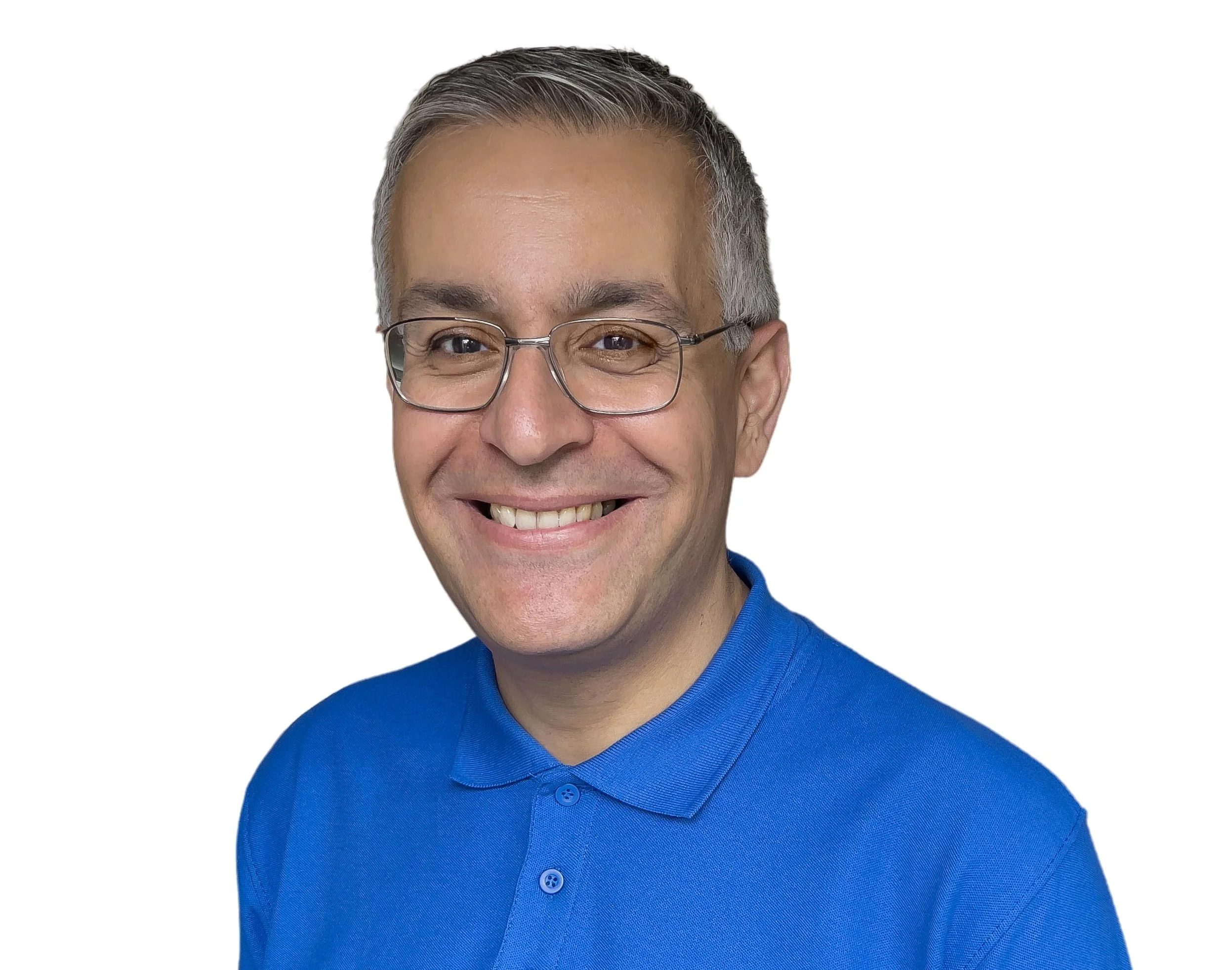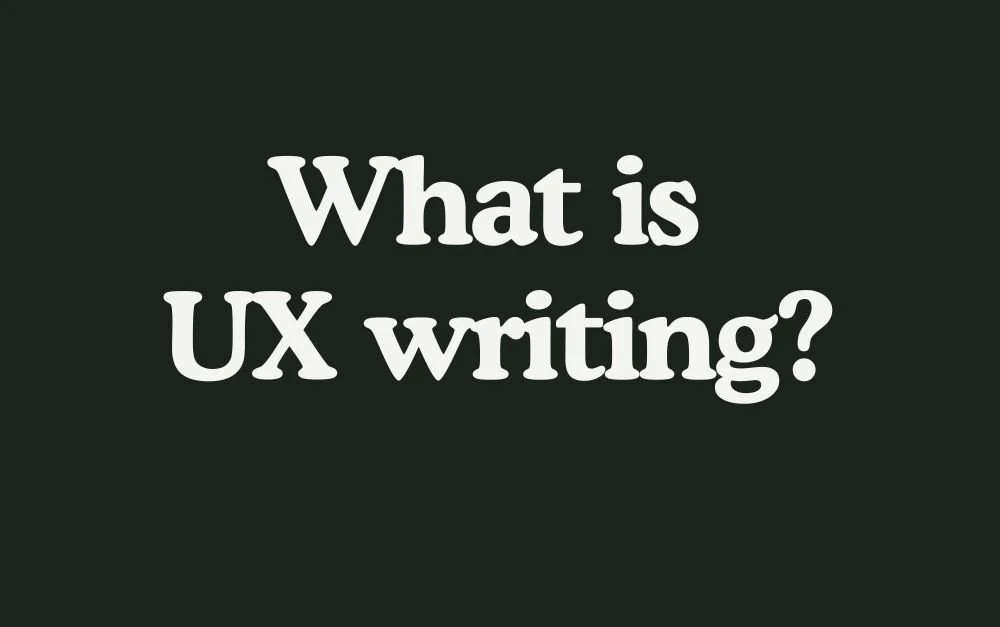Connecting with the relentlessly helpful John Espirian
Recognise this face?
It’s the face of LinkedIn helpfulness. And if you use LinkedIn on a regular basis, you are bound to have seen this chap pop up on your newsfeed, imparting his practical and useful LinkedIn-related guidance to anyone and everyone who has a LinkedIn query, problem or dilemma.
John Espirian
A self-confessed ‘LinkedIn nerd’, John Espirian is also an experienced technical copywriter and author of Content DNA, a book about how ‘staying true to your shape can help you build a business presence that’s noticed, remembered and preferred.’
Here’s what John told me when I interrogated him…
Q. Would it be fair to say that you didn’t initially plan to have a career in content?
I definitely didn't plan to have a career in content creation. My background is as a software and hardware tester for the internet service provision industry, and I later became as a quality assurance manager.
The transferable skill here was in knowing how to ask the right questions to work out how things function and then to communicate those ideas to people who would otherwise struggle to understand how technology works. When I was made redundant from my desk job and couldn't get an interview much less a job, I decided to turn this transferable skill into a self-employed business, which became Espirian technical copywriting. That was in late 2009, and I haven't looked back since.
Q. You’re known as 'relentlessly helpful' and someone who knows a great deal about LinkedIn - how did that knowledge and reputation evolve?
My deep dive into LinkedIn happened at the start of 2017, but that was preceded by a few years of trying lots of different social networks, none of which generated any business. It's only when I came to the now obvious realisation that someone working in B2B should invest most of their social media time in a platform that most often serves B2B clients that things started to work for me.
Even then, nothing happened for the first nine months of my being highly active on LinkedIn.
“My ‘relentlessly helpful’ personal brand came about through a chance moment when I was speaking on stage at a conference and was asked an unscripted question.”
I used the phrase ‘relentlessly helpful’ in a response without thinking about it, but then I reflected on that in the following days, and it led me to start developing my personal brand around this idea.
I've since hammered the message home in all of the content I've created, including in my book, Content DNA. There is a definite downside to this, because some people interpret ‘relentlessly helpful’ as meaning ‘gullible doormat’. Thankfully, I'm getting better at pushing away the time-wasters and the selfish users.
I always say that I'm interested in serving only those people who have good hearts and minds.
Q. Which LinkedIn metrics should LinkedIn content creators be prioritising right now?
LinkedIn’s own analytics have improved quite a bit in the past couple of years, and as such, I recommend people look at their LinkedIn dashboard.
“The most important item here is your profile views, as if your profile is well optimised, you can expect a small proportion (perhaps 1%) of your profile’s viewers to turn into clients or referral partners.”
It stands to reason, then, that you want to make every effort to bump up that profile viewing figure.
Some people like looking at the number of impressions that their comments get, which you can now see on each comment you make. I don’t place a lot of store in this metric, but commenting to start conversations and relationships is as important as ever, so don’t sleep on that.
Q. How can LinkedIn creators refine their future content strategies to help compensate for the platform’s most recent changes?
More than 70% of all traffic to LinkedIn comes from mobile devices, so optimising for that medium is important. Basically, get to the point in your posts and keep your sentences short.
There’s also a big push towards short-form mobile video in portrait format, so give that a try if you haven’t already.
One format that hasn’t been affected negatively in terms of reach is polls, which can still be useful if you know how to ask interesting questions of your audience.
Q. As the founder of Espresso+, what would you say are the hottest topics of conversation lately?
A big topic in Espresso+ is the negative impact people are seeing on their content visibility in LinkedIn. It underlines how important it is to keep the comments and DMs going, because those interactions aren’t affected by the algorithm in anything like the same way posts are in the main feed.
Our members are also concerned about the rise of AI and bots on LinkedIn, and what that means for the future of the platform.
Q. Where or who do you look to most often for inspiration and industry news?
I learn about trends from X, but my more substantial learning tends to be done via the medium of audio. I'm an avid listener of podcasts and audiobooks.
John will be running a face-to-face LinkedIn ‘Lunch and Learn’ session in Cardiff on 11th September.
=====
Now that you’ve read this, you may be interested in:



